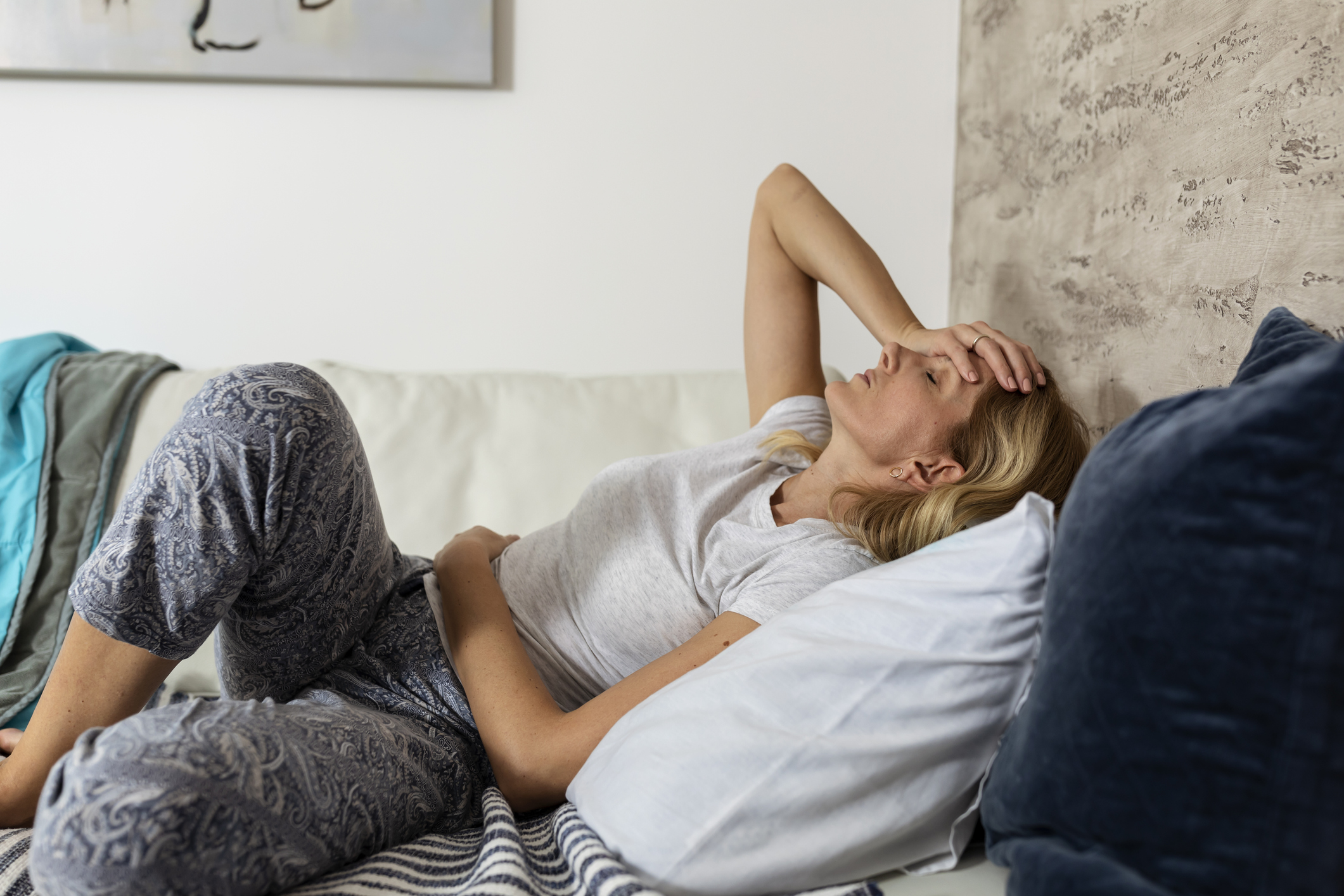

Your liver is arguably the hardest-working organ in your body.
It enables medications and vitamins to do their jobs.
It removes toxins from your body – things like dangerous PFAS.
It stores blood sugar and helps blood clot.
Your liver is also a key player in digestion, metabolizing fats, proteins and carbohydrates.
And like most superheroes, your liver has a sidekick.
Your liver is about 5.5 inches long (it varies a bit with age) and weighs about 3 pounds, while its helper is less than 4 inches long and weighs only 2.5 ounces.
Yet without this smaller organ, your liver could not function…
Meet your gallbladder
The gallbladder is a small pouch that sits just under the liver.
Your liver produces bile, a greenish liquid whose main job is to help absorb fats and fat-soluble nutrients, such as Vitamins A, D, E and K.
In between meals, bile is stored in the gallbladder.
When you eat fatty foods, your gallbladder releases bile into the small intestine through a series of tubes, or ducts, where it mixes with partially digested food.
Most people don’t pay much attention to their gallbladder until it starts causing them trouble.
For such a small organ, there are a lot of things that can go wrong with your gallbladder. Some of those problems might be hereditary, while others can be chalked up to lifestyle.
The formation of gallstones is the most frequent problem, causing pain and often damage to the gallbladder.
Gallstones: “Cholesterol pebbles” that hurt
Gallstones are tiny, hard “pebbles” made of cholesterol found in the bile. They’re usually very small but can grow to several centimeters wide.
Larger gallstones can block the bile duct leading to the small intestine. When you hear someone talking about having a “gallbladder attack,” they’re talking about the pain of this blockage.
Gallstones can cause other complications, including:
- Gallstone pancreatitis – an inflammation of the pancreas due to a gallstone blockage
- Gallstone ileus – A gallstone may travel into the intestine and block it. This condition is rare but can be fatal. It’s most common among individuals who are older than 65.
- Perforated gallbladder – If you wait too long to get treatment, gallstones can tear holes in the gallbladder This is a life-threatening condition since it can quickly lead to an abdominal infection.
Care of the gallbladder
A lot of control is in your hands when it comes to gallbladder health.
True, gallstones do tend to run in families. But there are lifestyle choices that can make them far less likely.
If you want to prevent gallstones or prevent a reoccurrence, here are some dietary changes you should consider:
1. Don’t skip meals. When you eat, your gall bladder releases bile. If you skip meals, that bile builds up. This raises the cholesterol levels in your gall bladder, and over time, those fats harden into gallstones.
2. Get enough fiber. It will keep your LDL cholesterol down, protect your heart and make gallstone formation more difficult. Fiber also keeps your digestive system moving and flushes bile from your body.
3. Go heavy on fruits and veggies. The vitamins in fresh greens and fruits help protect against gallstones. Fruits and vegetables also can play a part in maintaining a healthy weight.
One study showed that regular daily vitamin C can make gallstones less likely. Vitamin E is also important.
4. Watch your weight. Being overweight or obese raises the chance of getting gallstones. Extra weight enlarges the gallbladder and makes it less functional. And, it adds to the cholesterol that gallstones are made of.
5. Cut back on fried foods. Fried foods are loaded with fat, and make your gallbladder (and your liver) work overtime. That fat, of course, is also more raw material for gallstones.
6. Coffee and wine are OK. A review of available research indicated that drinking coffee could be related to a reduced risk of gallstones. Alcohol has been associated with reduced risk of both gallstones and bladder cancer, provided you limit it to a glass a day (two for men). Too much alcohol can cause liver cirrhosis. This condition can harm the gallbladder indirectly and lead to gallstones.
Sources:
- Symptoms & Causes of Gallstones — National Institute of Diabetes and Digestive and Kidney Diseases
- Gallstones in obesity and weight loss — European Journal of Gastroenterology & Hepatology
- Vitamin C supplement use may protect against gallstones: an observational study on a randomly selected population — BMC Gastroenterology
- Systematic review with meta-analysis: coffee consumption and the risk of gallstone disease — Alimentary Pharmacology & Therapeutics

